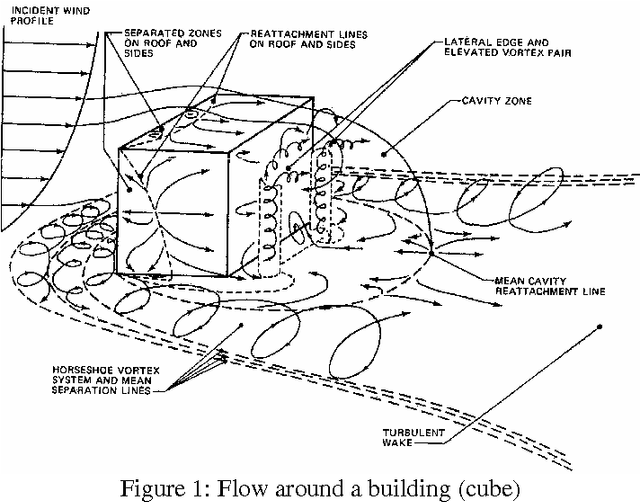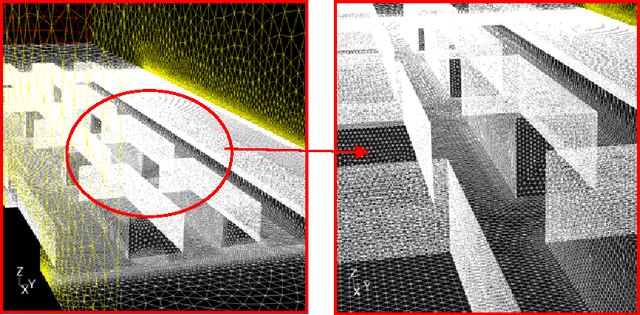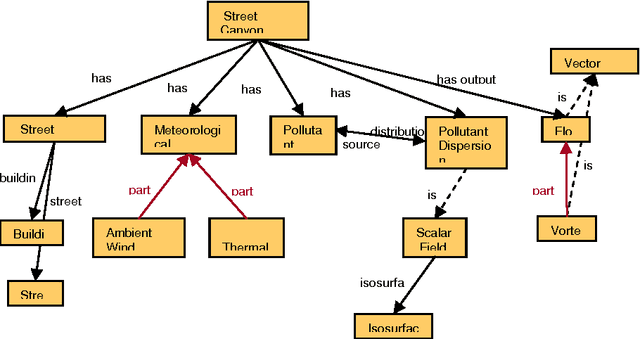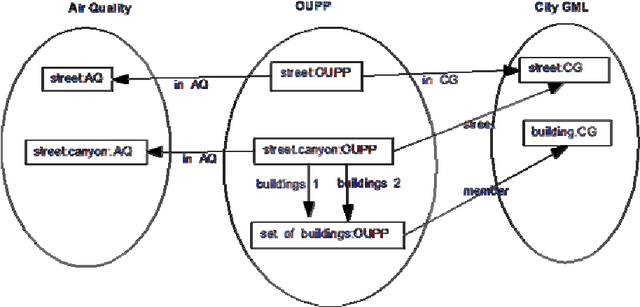Ontologies for the Integration of Air Quality Models and 3D City Models
Paper and Code
Jan 31, 2012



The holistic approach to sustainable urban planning implies using different models in an integrated way that is capable of simulating the urban system. As the interconnection of such models is not a trivial task, one of the key elements that may be applied is the description of the urban geometric properties in an "interoperable" way. Focusing on air quality as one of the most pronounced urban problems, the geometric aspects of a city may be described by objects such as those defined in CityGML, so that an appropriate air quality model can be applied for estimating the quality of the urban air on the basis of atmospheric flow and chemistry equations. In this paper we first present theoretical background and motivations for the interconnection of 3D city models and other models related to sustainable development and urban planning. Then we present a practical experiment based on the interconnection of CityGML with an air quality model. Our approach is based on the creation of an ontology of air quality models and on the extension of an ontology of urban planning process (OUPP) that acts as an ontology mediator.
 Add to Chrome
Add to Chrome Add to Firefox
Add to Firefox Add to Edge
Add to Edge